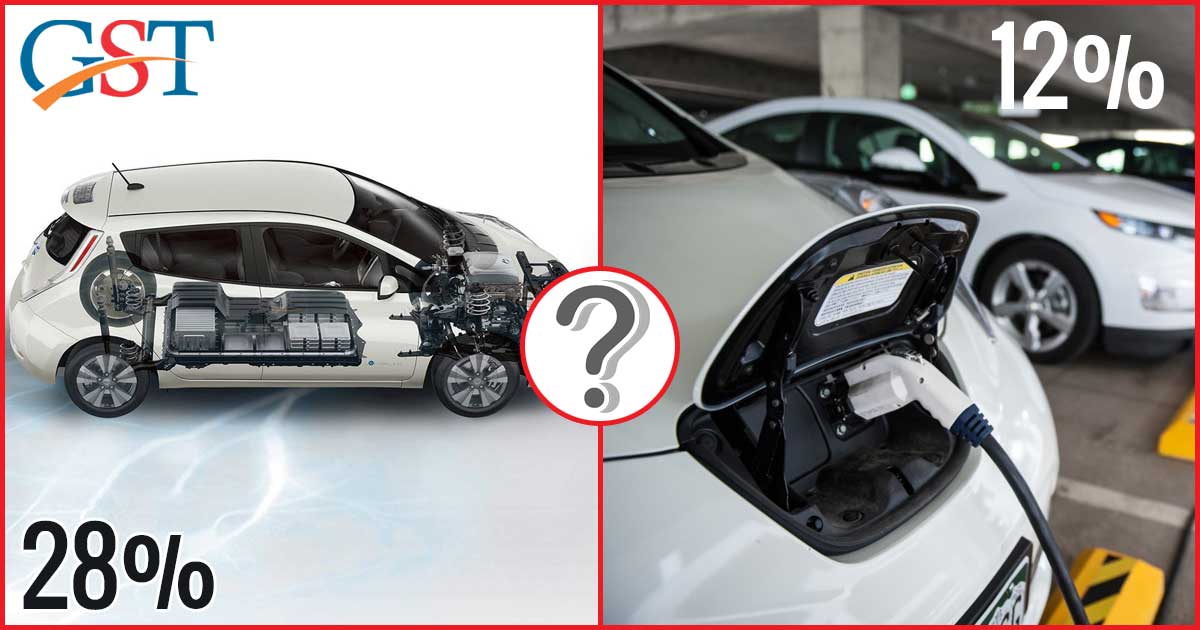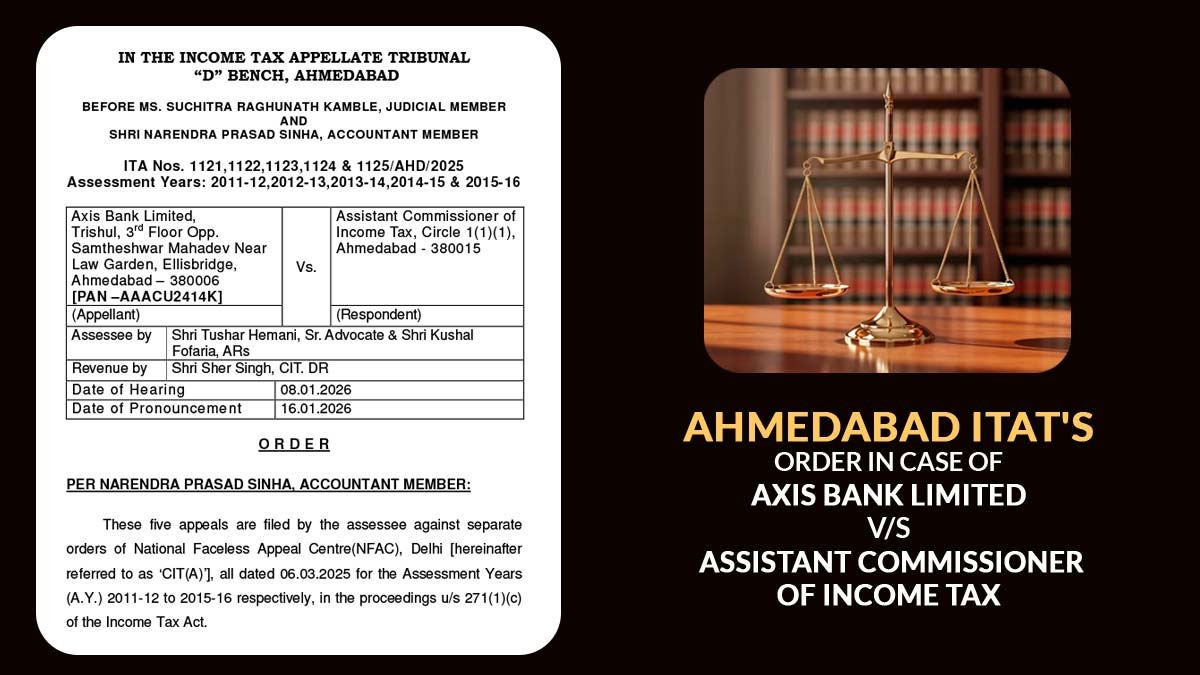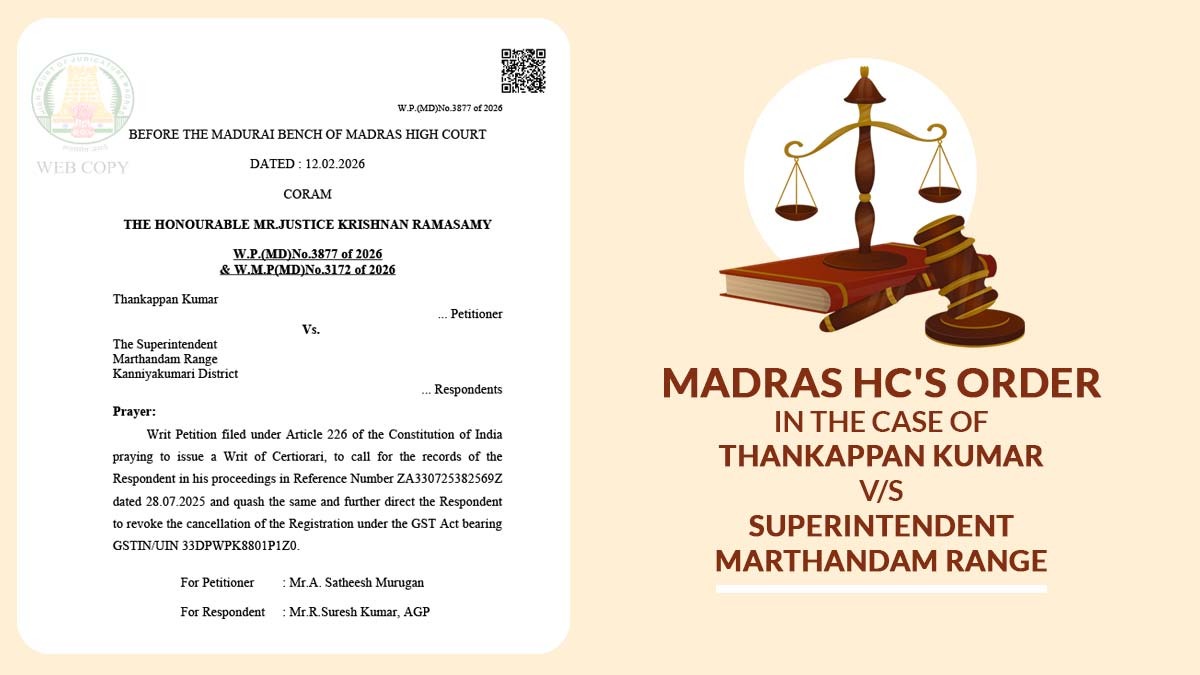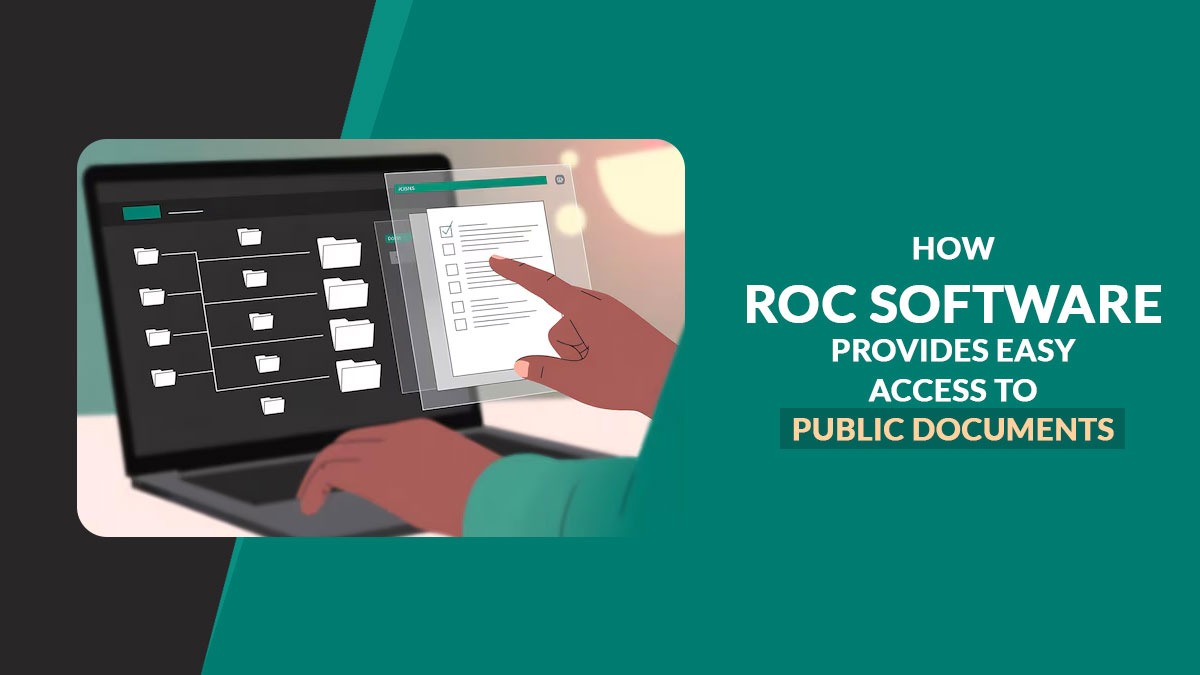According to the industry insiders, higher tax rates levied on batteries used in electric vehicles under the indirect tax regime may be a major barrier for the government. Currently, the government is working upon battery swapping business model to bring down the prices of electric vehicles and to further promote their utilization in India. But the biggest challenge is that before the emergence of business model the more tax rates being charged on vehicles without batteries.
Latest Update
29th June 2022
- “47th GST Council Meeting: Electric vehicles whether or not fitted with a battery pack, are eligible for the concessional GST rate of 5%.”
After the implementation of GST, electric vehicles sold with batteries are levied at the rate of 12 percent, whereas vehicles sold without batteries are charged at the rate of 28 percent under GST. According to the industry sources, the new move taken by the government is not attractive for those players who want to enter in the swapping business model.
Sohinder Gill, director (corporate affairs) at Society of Manufacturers of Electric Vehicles (SMEV) said: “This increases operational costs not only for consumers purchasing a second battery for their electric vehicle, but also impacts adversely firms considering getting into battery leasing, battery swapping ventures.”
Read Also: GST Impact on Automobile and Spare Parts Industry in India
Due to the higher tax rates on batteries has influenced the sales of electric two-wheelers as they mostly do not store inventory of both vehicles and batteries. Gill, CEO of Hero Electric, said: “Keeping a large number of batteries in stock affects the warranty.” By adding that “However, the higher tax has now raised costs and made it more difficult to purchase batteries separately.”
Nearly, A high-speed lithium-ion battery-powered electric two-wheeler on an overage 80 km cost lies in between Rs 80,000 and 90, 000 (adding subsides). The cost of the lithium-ion battery comprises nearly 50% of the cost of such two-wheeler electric vehicles. Post GST implementation, the taxes to be paid on buying a lithium-ion battery has increased Rs 10,000, this move has to enhance the total operational cost of electric vehicles.
Ashok Jhunjhunwala, Principal Advisor to the ministry of power and new and renewable energy- who directing the government campaign on e-mobility. Previously in an interaction, he said that in order to make the proper utilization of e-vehicles there is a requirement to isolate the vehicle businesses from the energy business. He also said that e- vehicle manufacturers can sell non-AC buses, two- wheelers, three- wheelers even without the batteries. In this regard, must sure that the capital cost of electric vehicles is similar to an electric/ diesel vehicles.
Recommended: GST Council Lowers Tax Rate on Old Leased Vehicles
Jhunjhunwala said that All of the energy businesses can buy the batteries in large quantity and lease them to the users. The batteries can be either exchanged or charged at the stations.
A senior industry executive who requested not to reveal his identity, said, “The battery swapping model will not only make electric vehicles affordable, it will also help address concerns related to the life of the battery.” By adding that, “Fast-charging batteries at upwards of 45 degrees centigrade severely affect the life of the batteries. If leased batteries can be swapped, they can be charged normally in a temperature-controlled environment.”










